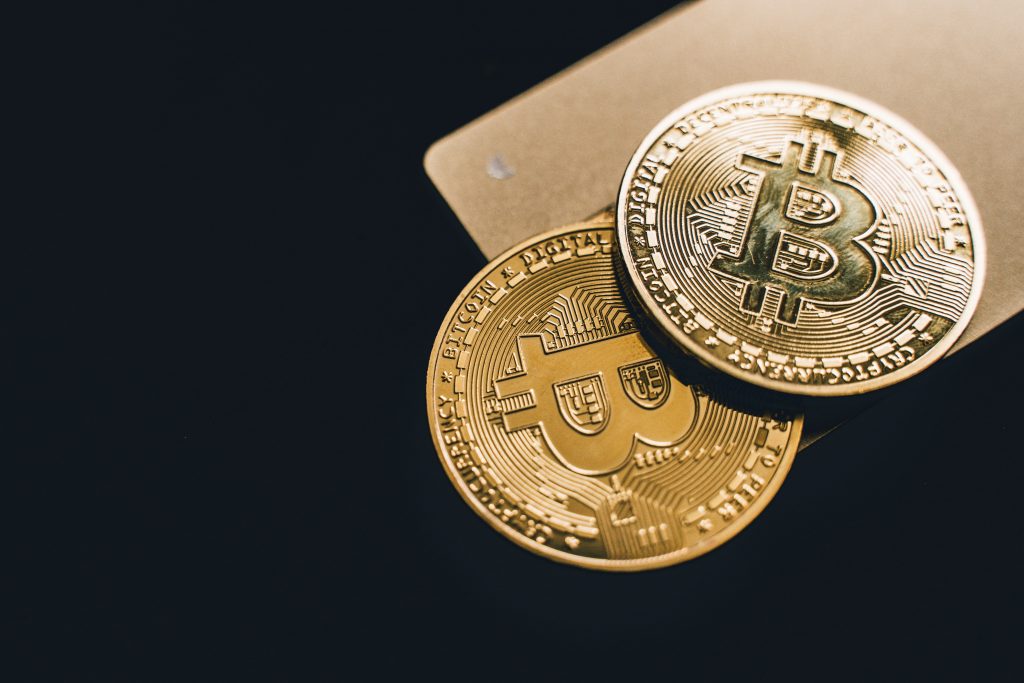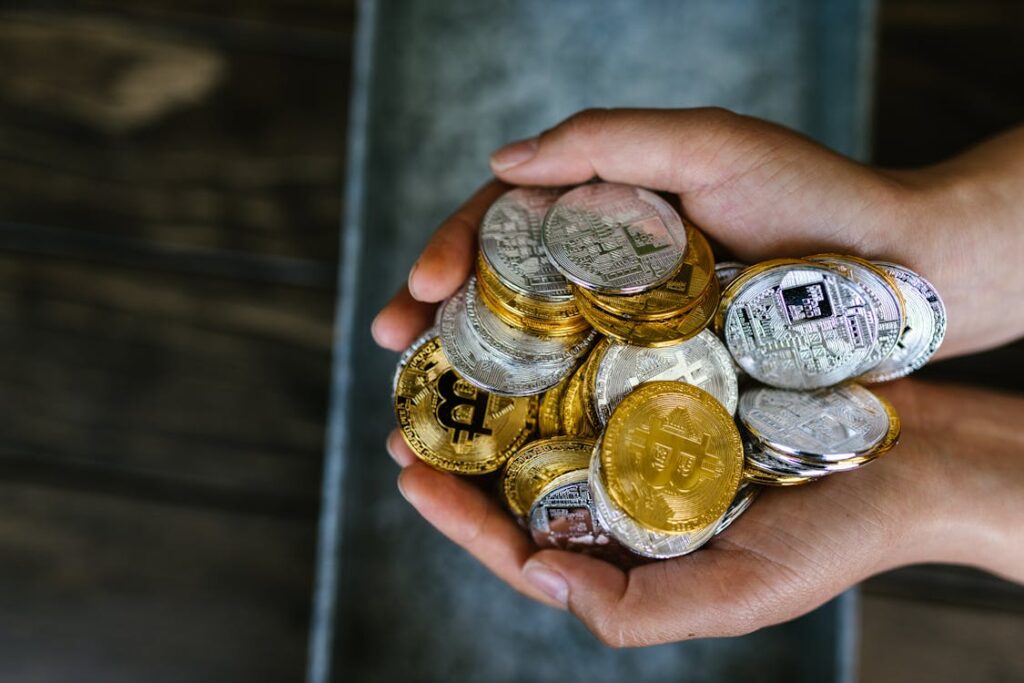Cryptocurrency has become a global financial phenomenon, transforming the way people engage in transactions and investments. However, for the Muslim community, the rise of digital assets raises a critical question: Can cryptocurrency comply with Sharia law and be declared halal? Islamic finance operates under strict principles derived from the Quran, which regulate financial transactions to ensure they are ethical and equitable. The permissibility of cryptocurrency, therefore, requires careful evaluation against these principles.
The Core Principles of Islamic Finance
To determine whether cryptocurrency can be halal, it is essential to understand the framework of Islamic finance. Traders Union highlights that Sharia law prohibits activities involving interest (riba), excessive uncertainty (gharar), or gambling (maisir). Investments must be transparent, rooted in real value, and exclude businesses linked to haram industries, such as alcohol, gambling, and tobacco.
Transactions that comply with Sharia law focus on ethical practices, equitable risk distribution, and promoting fairness. Unlike conventional finance, which often permits speculative activities and interest-based transactions, Islamic finance ensures that wealth is earned in a manner aligned with moral principles.
The Arguments for Cryptocurrency as Halal
Some Islamic scholars and financial experts argue that certain cryptocurrencies can be halal if they meet specific conditions. The primary justification is that established cryptocurrencies, like Bitcoin, function as a legitimate medium of exchange, much like traditional fiat currencies. Bitcoin’s decentralized structure supports the principles of Sharia law by ensuring transparency and equitable dealings.
Spot trading of cryptocurrencies—where assets are exchanged immediately at the current market price—also aligns with Islamic finance. This is because spot transactions avoid interest-based contracts and speculative delays. Scholars who support cryptocurrency as halal point out that owning digital assets is akin to owning tangible assets, provided the assets have inherent value.
For example, Ethereum (ETH) and Litecoin (LTC) are often viewed as permissible because they are widely used as mediums of exchange and do not inherently involve interest-bearing activities. Additionally, utility-based tokens like Binance Coin (BNB) serve specific functions within blockchain ecosystems, providing a clear purpose and value to users.
The Concerns That Make Cryptocurrency Haram
On the other hand, a significant number of scholars remain skeptical about the permissibility of cryptocurrency under Sharia law. One of the primary concerns is the speculative nature of digital assets. Cryptocurrencies are notorious for their extreme price volatility, with values fluctuating unpredictably. This level of uncertainty aligns with the concept of gharar, which refers to ambiguity or excessive risk in financial transactions.
Some cryptocurrencies, especially those associated with staking, generate rewards that resemble interest (riba). For example, when investors lock their tokens to receive fixed or percentage-based returns, scholars view these rewards as analogous to earning interest, which is explicitly forbidden in Islamic finance.
Futures and derivatives trading further complicates the debate. These instruments involve contracts based on speculation about future price movements rather than actual asset ownership. Scholars argue that futures trading resembles gambling (maisir) because it involves significant uncertainty and no direct exchange of real assets.
Choosing the Right Cryptocurrency Exchanges for Low-Cost Trading
For Muslim investors looking to trade halal cryptocurrencies, selecting the right exchange is an essential step to ensure ethical and cost-effective transactions. Platforms with transparent fee structures and reliable trading conditions are key to avoiding excessive costs that may eat into profits.
Leading exchanges such as Binance, Bybit, and HTX offer competitive spot trading fees as low as 0.1% for both makers and takers. These platforms support a wide range of cryptocurrencies, allowing users to focus on Sharia-compliant assets like Bitcoin and Ethereum. Additionally, exchanges like OKX and Bitget provide volume-based discounts that further reduce trading fees for active investors.
By prioritizing platforms that offer instant execution, low spreads, and clear pricing, traders can engage in cryptocurrency trading while maintaining compliance with Islamic finance principles. Avoiding hidden fees and speculative instruments, such as futures contracts, ensures that trades remain ethical and transparent.
Differing Opinions Among Islamic Scholars
The debate on cryptocurrency’s permissibility reflects a broader divergence in opinions among Islamic scholars. Some, like Mufti Faraz Adam, believe that digital assets such as Bitcoin can be considered halal because they fulfill the requirements of asset ownership and medium of exchange. In contrast, others, such as Sheikh Shawki Allam in Egypt, argue that cryptocurrencies lack intrinsic value, are prone to misuse, and harm economic stability, rendering them haram.
Scholars like Mufti Abdul Qadir Barakatullah take a middle ground, acknowledging cryptocurrency’s potential benefits while emphasizing the need for proper regulation and Sharia compliance. He notes that digital assets can be beneficial if they operate transparently and avoid speculative or interest-based practices.
Crypto Staking and Riba
The practice of crypto staking presents a key point of contention. Staking involves holding cryptocurrencies to support blockchain networks in exchange for rewards, similar to earning interest on deposits. Some scholars classify staking as haram because it generates fixed or predictable income, violating the prohibition on riba.
Others argue that staking rewards are permissible under certain conditions, particularly when the income arises from network contributions rather than interest-bearing mechanisms. The divergence in opinions highlights the complexity of applying traditional Islamic finance principles to modern financial technologies.
Expert Insight: Can Digital Assets Be Declared Halal?
To address whether cryptocurrency can be declared halal, Parshwa Turakhiya, a financial expert, provides the following perspective:
“The question of whether a cryptocurrency is legal under Shariah is largely determined by its intended purpose and use. If traders engage in spot trading and avoid interest-based products like staking and futures contracts, cryptocurrency can align with Islamic principles. However, the speculative nature of many digital assets poses a significant challenge. Muslims must carefully evaluate cryptocurrencies and platforms to ensure they comply with ethical and Sharia-compliant standards.”
Turakhiya further emphasizes the importance of guidance from trusted scholars:
“To navigate this complex space, investors should consult with Islamic financial experts and focus on digital assets that function as transparent mediums of exchange. Avoiding platforms and tokens associated with riba or excessive uncertainty is essential for maintaining compliance.”
Final Thought
The question of whether digital assets can be declared halal remains subject to interpretation within Islamic finance. While some scholars accept cryptocurrencies like Bitcoin as Sharia-compliant due to their role as a medium of exchange, others view their speculative nature and association with interest-bearing activities as haram.
As Parshwa Turakhiya highlights, the key lies in how cryptocurrency is used. Spot trading and ownership of digital assets can align with Sharia principles, but activities such as staking, futures trading, and investments in speculative tokens must be avoided. Muslim investors must remain vigilant, seek advice from qualified scholars, and prioritize transparency and ethical practices when engaging in cryptocurrency.






